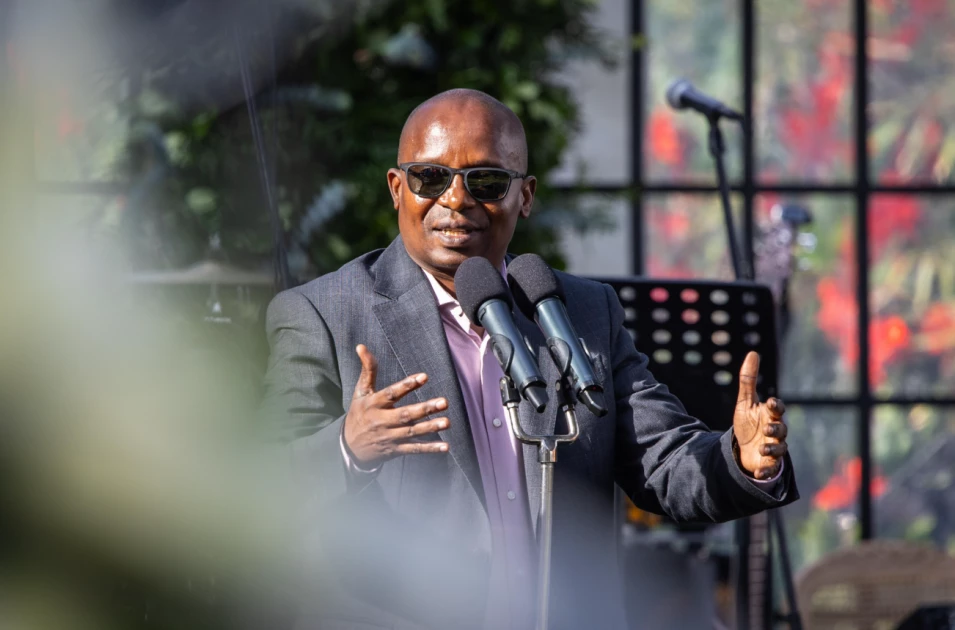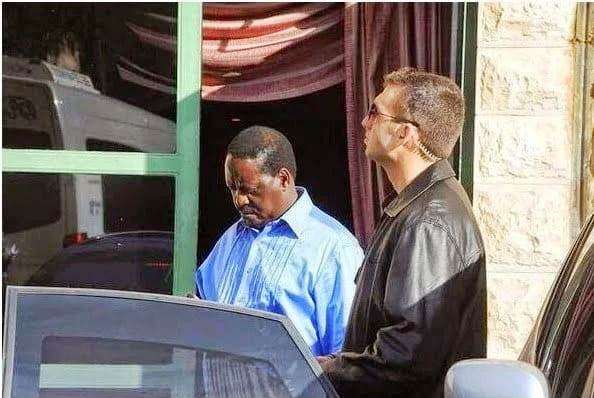Rewind to 2022, when Kindiki, then a Cabinet nominee, laid bare his wealth: Ksh544 million in land, homes in Nairobi and Tharaka Nithi, bank deposits, SACCO savings, and a handful of vehicles. Fast forward to late 2024, as he stepped into the Deputy President’s shoes after the seismic impeachment of former DP Rigathi Gachagua, and his fortune had swelled to Ksh694 million. His explanation? A windfall of “previously unpaid legal fees” from his law firm.
Plausible for a legal mind of his calibre, perhaps, but then came the jaw-dropping displays of generosity that have left the nation reeling. Picture this: Prof. Kindiki, cloaked in the gravitas of his office, strides into community gatherings, doling out Ksh5 million at a time, sometimes to women’s groups, sometimes to churches, or even to boda boda riders, all under the banner of “economic empowerment.”
In one staggering week, whispers suggest he gave away Ksh100 million. Since taking office, his donations could total a mind-boggling Ksh3 billion. Three billion shillings. Let that sink in. For a man whose known income comes from a law firm and a monthly government salary of about Ksh1.3 million, this level of giving isn’t just generous, it’s a mystery that demands answers. Kenyans, squeezed by relentless taxes and a skyrocketing cost of living, are shouting into the void: Where is this money coming from?
Kindiki’s response, delivered with the polish of a seasoned orator, points to personal funds and the generosity of “friends.” He even leans on scripture, Acts 20:35: “It is more blessed to give than to receive”—casting his philanthropy as a moral triumph. But in a nation where every shilling counts, faith alone can’t quiet the growing clamour. No sprawling business empire, no vast commercial farm, no global trade venture ties Kindiki to the kind of wealth that fuels such relentless giving. And so, the cry rings out from a section of the Kenyan public: We need a lifestyle audit.
Now, a lifestyle audit is no mere formality; it’s a spotlight on truth. It’s a meticulous probe into bank accounts, property holdings, shares, and business ties, cross-checking them against declared wealth and spending patterns. For Prof. Kindiki, it would reveal whether his lavish donations align with his known income or if unanswered questions linger. Kenyans aren’t calling for a witch-hunt; they’re demanding transparency, a constitutional right in an era where trust in leadership hangs by a thread.
The stakes couldn’t be higher. Kenya’s Constitution empowers citizens to hold their leaders accountable, and the public’s voice is growing louder. If questions about Kindiki’s wealth remain unanswered, the people, through their representatives or public platforms, can push for clarity. Beyond the numbers, there’s the spectre of conflicts of interest: Are companies or individuals linked to the Deputy President benefiting from government deals? A transparent audit could either clear the air or ignite further scrutiny, but either way, it’s a chance to rebuild faith in the system.
This isn’t about politics; it’s about principle. In Kenya, where families struggle to make ends meet, the expectation of accountability from the highest offices isn’t just reasonable, it’s non-negotiable. Prof. Kindiki’s spending has lit a fuse, and the nation is watching, waiting for answers.
Will his generosity be proven a beacon of goodwill, or will it unravel as a cautionary tale? One thing is certain: Kenyans won’t look away until the truth shines through. This is a saga of power, wealth, and the people’s unrelenting demand for integrity, and it’s only just begun.
[/full]





